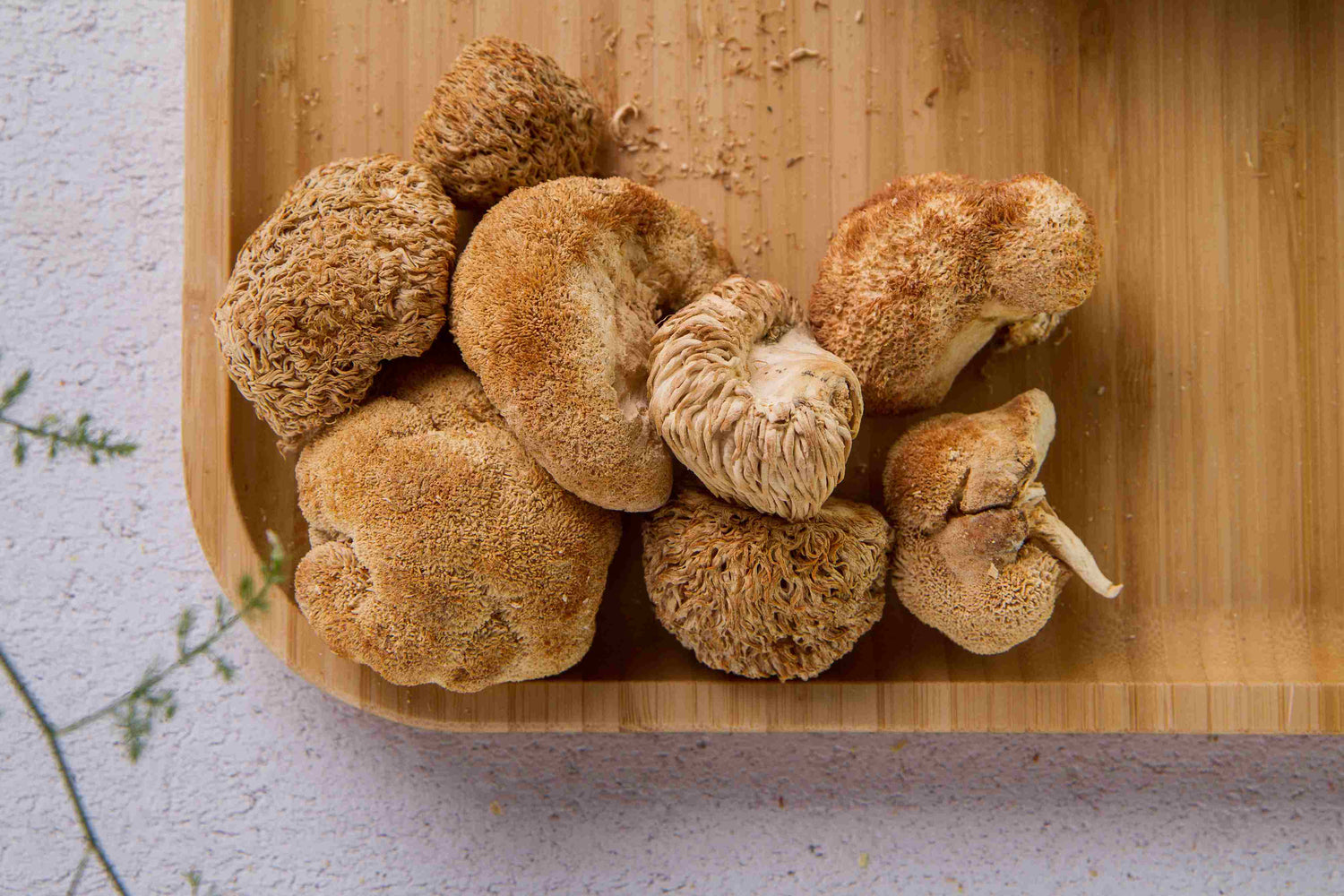Depression remains one of the most prevalent mental health conditions worldwide, with existing treatments not always being effective for all patients. This has led to an increasing interest in novel and unconventional therapeutic interventions. One such approach, currently under study, explores the potential of the Amanita Muscaria mushroom, also known as the fly agaric mushroom, for treating depressive disorder.
Amanita Muscaria, commonly recognized by its striking red cap with white spots, has a long history in various cultures. Its psychotropic properties have been utilized in spiritual and shamanic practices for centuries. While traditionally not used in mainstream medicine, recent research has begun to uncover the possible therapeutic benefits of this mushroom, including its potential role in treating depressive disorder.
Depression is characterized by persistent feelings of sadness, loss of interest, and lack of energy, disrupting an individual's everyday life. The mechanisms behind depression are complex, involving multiple pathways and neurotransmitters in the brain. Conventional treatments, such as selective serotonin reuptake inhibitors (SSRIs) and cognitive-behavioral therapy (CBT), have proven to be effective for many individuals but not all. This gap in treatment effectiveness has spurred the search for alternative therapeutic options, one of which includes the use of the fly agaric mushroom.
Amanita Muscaria contains two primary psychoactive constituents: ibotenic acid and muscimol. These compounds interact with our nervous system differently compared to the classical hallucinogens like psilocybin or LSD. Instead of working primarily on the serotonin system, these compounds affect the GABA (gamma-aminobutyric acid) and glutamate neurotransmitter systems. These systems are also implicated in mood regulation and could potentially be leveraged to ameliorate depressive symptoms.
Recent preclinical and early-phase clinical studies suggest that the psychoactive components of Amanita Muscaria may have antidepressant-like effects. In animal models of depression, Amanita Muscaria extracts have shown to reduce depressive-like behaviors. The mushroom's compounds are believed to work by modulating the balance between GABA and glutamate, thus improving mood and reducing depressive symptoms.
Although these findings are promising, they must be interpreted with caution. The complexity of depression necessitates a thorough understanding of the potential risks associated with such treatments. The psychoactive nature of Amanita Muscaria means it can produce a range of effects, from mild alterations in perception to more severe and unpleasant experiences such as confusion, agitation, and hallucinations. As such, safety concerns must be carefully addressed before any recommendation can be made to buy Amanita Muscaria as a potential treatment for depression.
Clinical research is the next crucial step. Large-scale, randomized, placebo-controlled trials are needed to confirm the therapeutic potential of Amanita Muscaria and establish safe dosing protocols. This will also help identify which subsets of patients might benefit most from this treatment.
Furthermore, the societal perception and regulatory landscape around psychedelic substances are gradually shifting. This has allowed researchers to access and study substances like Amanita Muscaria more freely. It's imperative to maintain this momentum, facilitating the comprehensive exploration of these substances' therapeutic potential.
In conclusion, Amanita Muscaria, the enchanting red and white mushroom, holds promise as a potential treatment for depressive disorder. While the road to validating its effectiveness is long, initial research findings are encouraging. With careful investigation, it's possible that we may unlock new, innovative ways to help those living with depression, underlining the importance of continued research into the potential of unconventional interventions like the fly agaric mushroom. It is also crucial that consumers and patients refrain from self-medication, and wait for rigorous scientific evidence before making the decision to buy Amanita Muscaria for therapeutic use.







